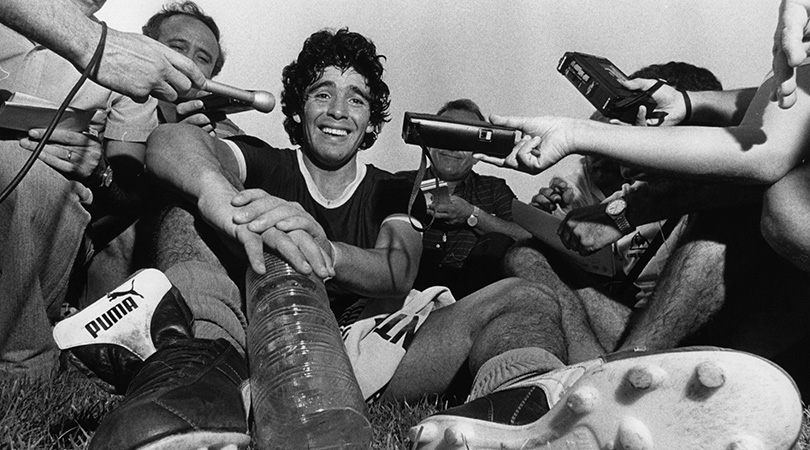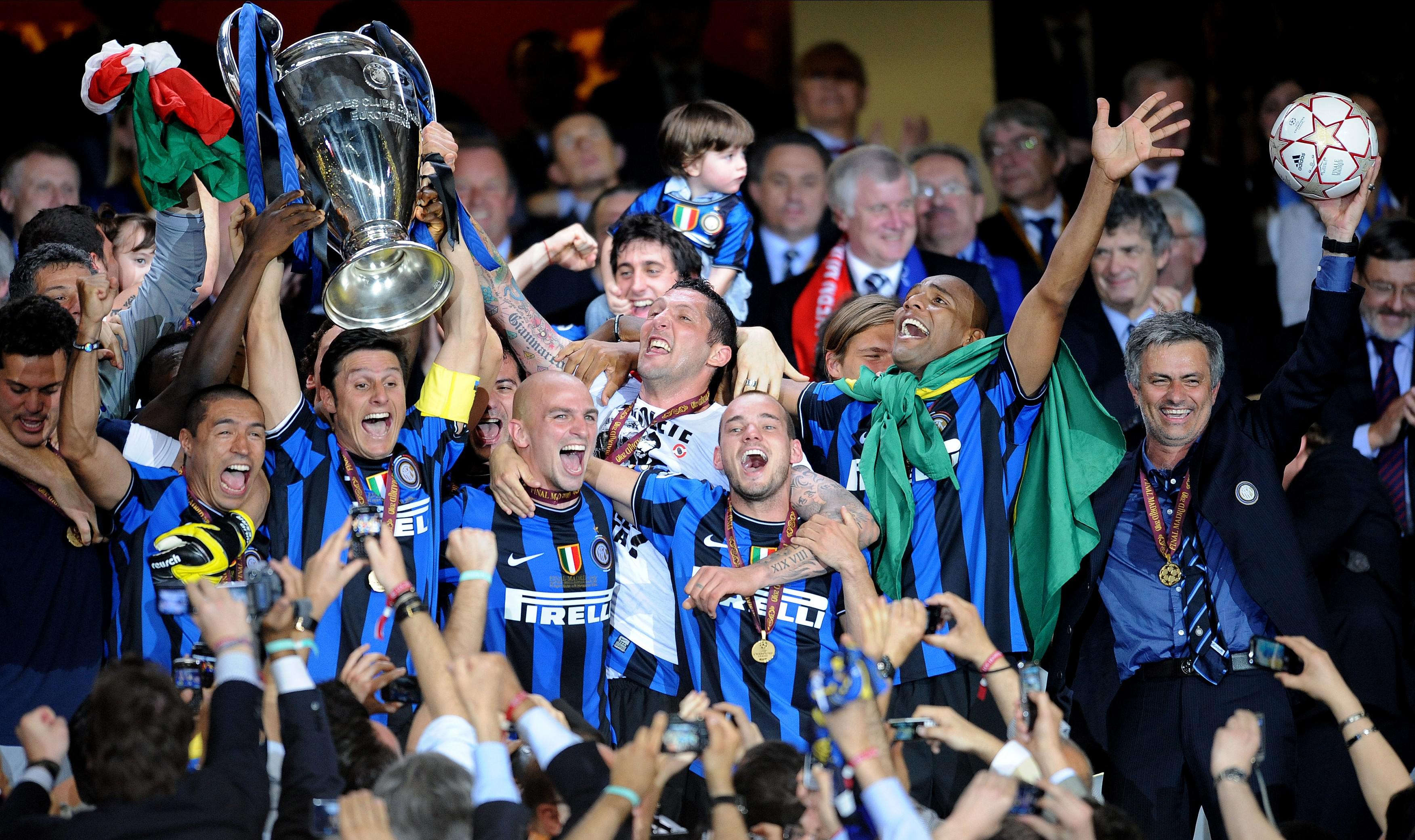Why modern football's heroes could be desperately short of soul for future generations to find
A lack of access and tight controls from guarded reps threaten to suck the life from today's protagonists – and that's a great shame, writes Seb Stafford-Bloor

One of the finest pieces of sports journalism to ever appear in print is now over half a century old. The Silent Season Of A Hero was published in the July 1966 edition of Esquire.
Alongside Frank Sinatra Has A Cold, it’s one of Gay Talese’s masterpieces. In it, he tracks down a reluctant Joe DiMaggio, by then deep in retirement, and embeds himself within the former New York Yankee’s private life. There are no spoilers here, other than to say that DiMaggio isn’t really true to his public projection, but the concept – fly-on-the-wall, documentary-style profiling – remains a reminder of how valuable proper access is in sport.
It helped, of course, that Talese is a peerless storyteller. To read his work is to reach out and touch his subjects, and that’s a precious skill. Nevertheless, it’s writing which requires a living and breathing character, so without DiMaggio, nobody would be talking about that article 53 years later.
Some time ago, FourFourTwo ran a countdown of the 50 greatest football books ever written. What was interesting about that list was just how many of the entries were hinged around a similar premise – a character study, or entry into a world from which the public is forbidden. What was also telling, unfortunately, was how many of those were written more than 10 years ago.
It's been nearly three decades, for instance, since Pete Davies wrote All Played Out. Imagine him pitching that now and telling the FA that he wanted to sit in the back of taxis with Bobby Robson and lounge around hotel pools with members of the England squad. He'd be laughed at just for having the idea.
So the age of that kind of work seems to have come to an end – in football at least, because it's now much too important and takes itself far too seriously to allow that kind of scrutiny.
And it's poorer for that, because those were the tales which brought the texture; the sense of it being more than just a series of arbitrary contests. The stories at sport's heart have always given it a soul. They allow it to be about people and personalities, not just the monochrome binary of a score and table.
Get FourFourTwo Newsletter
The best features, fun and footballing quizzes, straight to your inbox every week.
One of the greatest short-form articles ever written was Grantland Rice’s reaction to the death of Babe Ruth in 1948. Rice knew Ruth, he spent time with him, and his piece is loaded with the kind of sincere, personal grief that betrays a friendship.
“The greatest figure the world of sport has ever known has passed from the field. Game called on account of darkness. Babe Ruth is dead."
It's profound and moving. It's also about something other than just someone's ability to swing a baseball bat.
As was Hugh McIlvanney’s account of Jock Stein’s passing in September 1985, when his first-person description of that terrible night in Cardiff was coloured with detail describing the gravity of the man. The words are reverential enough, but it's the article's humanity which is so affecting, and which would make those not old enough to remember want to know more.
Could any of this happen now; will future generations have this same privilege? Almost certainly not, and that’s terribly sad. For them, DiMaggio would be nothing more than his hitting streak, Ruth would just be his home run record, and Stein’s aura could never be more than a pencil drawing.
So that’s the basis for this burst of nostalgia. Football doesn’t share itself anymore. Its anecdotes and personalities are locked away behind doors guarded by press officers and, while understandable, that’s bred a superficiality which is going to be increasingly difficult to defeat.
In 30 or 40 years from now, when this era is looked back upon, what will there actually be? Outlines and vague shadows visible through filtered prisms – but will anyone be able to see anything other than statistics and awards? Future fans will know what Lionel Messi was, but not who – and that arguably represents a great failing.
It's also the cost of all this secrecy. Bit by bit, year after year, that’s the result of these stage-managed interviews, the ignored emails and the denied requests. The consequence will be a strangely bloodless sport, in which a player’s opinion can never be heard unless it’s being used to sell something.
"Sit and talk to me, tell me what it's like inside that place that I can only imagine..."
Football’s commercial age has created the need to be risk-averse and to ‘control the message’. Everyone has to tolerate that because, in the past, privileges have also been abused and the game has been given reason to close itself off. Ask Tottenham's Danny Rose about that reticence. After speaking candidly about his fight with depression, one prospective new club said that they would like to meet him, "just to check that you’re not crazy".
But Rose is a rare example. Elsewhere, there's a great fear of sincerity.
By only being willing to show that most artificial side, the game will be left desperately short of soul in the years to come. The players will be larger than life, but the people will barely exist at all. There will be nothing to reach out and touch.
While you're here, why not take advantage of our brilliant subscribers' offer? Get 5 issues of the world's finest football magazine for £5 – the game's greatest stories and best journalism direct to your door for less than a pint in London. Cheers!
NOW READ...
OPINION Why history will blame Daniel Levy if Tottenham miss this generational moment to succeed
EXCLUSIVE Labour pledge to introduce safe standing before 2020/21 season
WATCH Premier League live stream 2019/20: how to watch every game from anywhere in the world
Seb Stafford-Bloor is a football writer at Tifo Football and member of the Football Writers' Association. He was formerly a regularly columnist for the FourFourTwo website, covering all aspects of the game, including tactical analysis, reaction pieces, longer-term trends and critiquing the increasingly shady business of football's financial side and authorities' decision-making.

